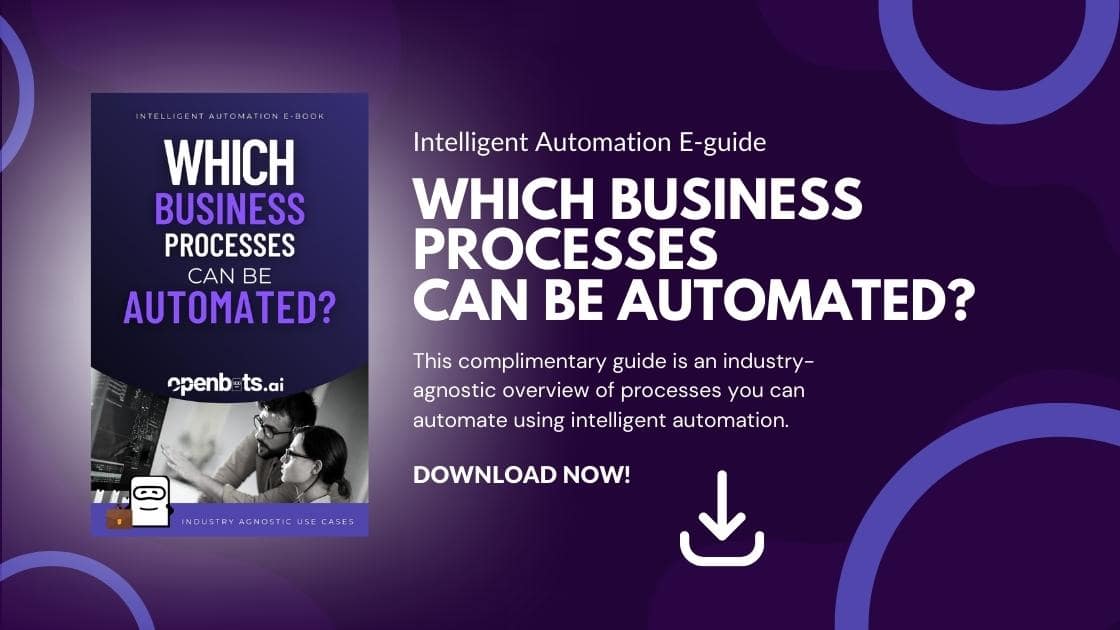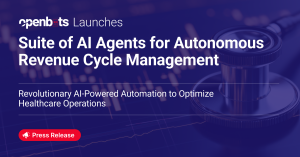What is RPA
or Robotic Process Automation?
RPA stands for Robotic Process Automation and involves using digital robots and software to execute common business tasks usually performed by a human worker.
Bots can be programmed to open web pages and applications, complete keystrokes, navigate systems, and identify and extract data the same way a person would, but with greater speed and accuracy.
Processes that are rule-based with discrete steps are fantastic candidates for RPA. Some examples are processing invoices, sending receipts, emailing notifications, onboarding new clients, and voiding checks—all of which are repetitious, high-volume, and manual.



